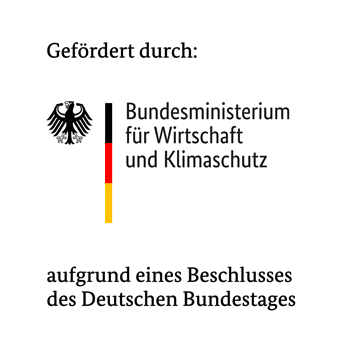The subject of the method development is a combination of two complementary concepts, the "Diesel Deposit Formation Test" (DDFT, LKV) as a laboratory test and an application-oriented injector coking test ("ENIAK", OWI). The project will first develop suitable boundary conditions, fuel references and evaluation criteria for the additive tests. Subsequently, numerous fuel additive combinations of antioxidants, flow improvers, lubricity improvers and deposit control additives will be comparatively investigated and evaluated.
Cost-effective screening by means of laboratory tests will make it possible to avoid expensive test bench tests in the future. At the same time, self-directed tests will be possible.
Research Centres
University of Rostock Chair of Piston Engines and Internal Combustion Engines
OWI Science for Fuels gGmbH affiliated Institute of the RWTH Aachen
Expert Group
The research project will run for 2.5 years and will be supported by a cross-industry group of experts. Representatives of the energy, biodiesel and additives industries, automotive and drive manufacturers, experts from testing technology, analytics and development service providers are involved.
